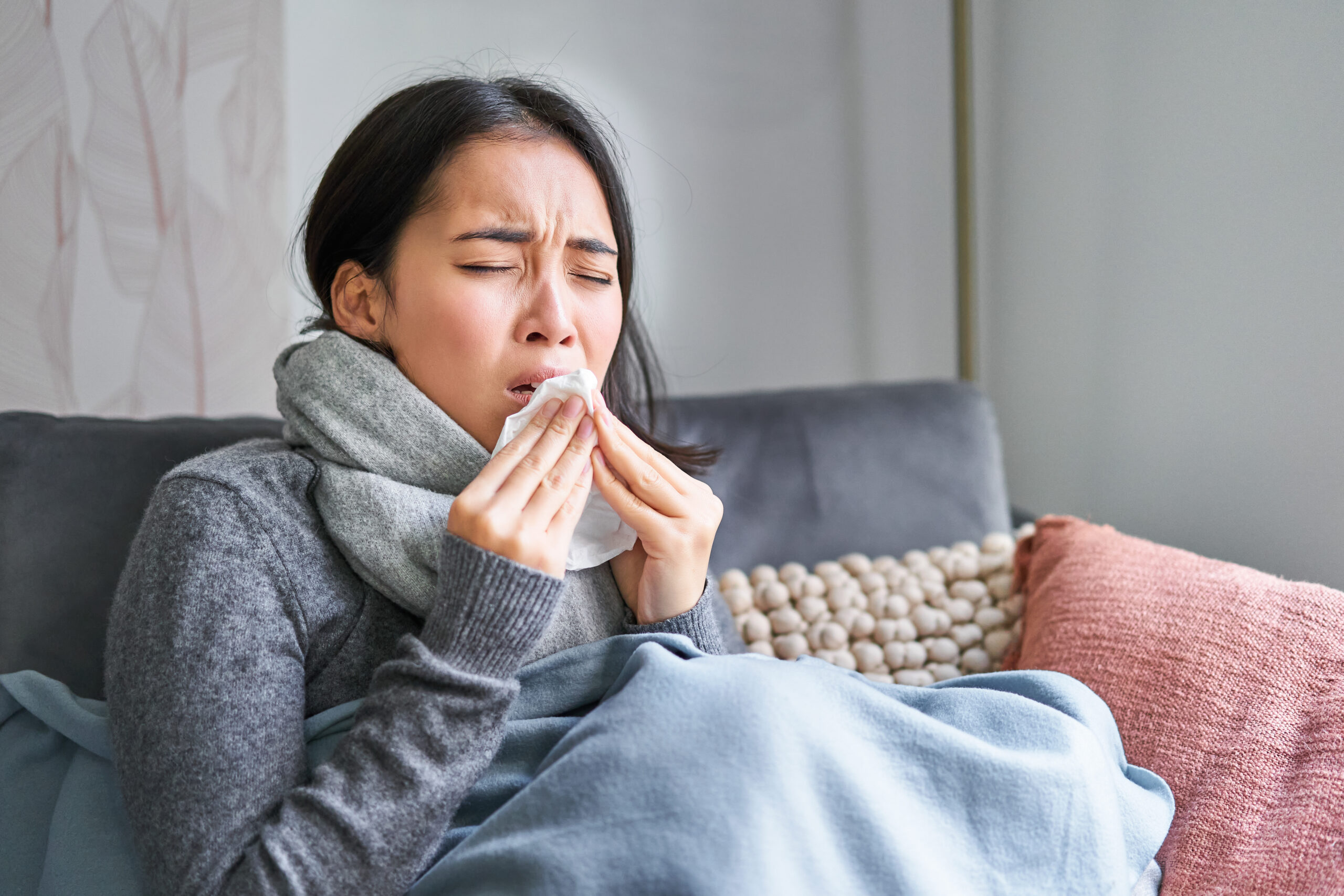Diagnosing pneumonia can pose significant challenges. Enduring persistent coughing and fever can sap your energy and leave you feeling utterly miserable. However, even amid exhaustion, achieving the uninterrupted rest crucial for recovery can be a struggle let’s discuss How To Sleep With Pneumonia.
Before delving into methods to enhance sleep quality while coping with pneumonia, let’s establish a clear understanding of this condition and its primary causes. This groundwork will illuminate the intricate connection between your lung function, breathing, and sleep, providing valuable insight into navigating this challenging ordeal.

01. Understanding Pneumonia.
Pneumonia is an infection that inflames the air sacs in one or both lungs. The air sacs may fill with fluid or pus, causing cough with phlegm or pus, fever, chills, and difficulty breathing. Causes include bacteria, viruses, and fungi, with symptoms varying in severity from mild to severe.
02. Importance of Sleep.
Sleep is crucial for the body’s ability to fight infections and heal. During sleep, the body produces cytokines, proteins that help regulate the immune system’s response to infection. Adequate rest also conserves energy, allowing the body to focus on recovery.
03. Creating a Comfortable Sleeping Environment.
* Temperature: Maintain a room temperature between 60-67°F (15-19°C) to prevent overheating.
* Humidity: Use a humidifier to maintain indoor humidity levels between 30-50%, preventing dryness in the airways.
* Bedding: Opt for soft, breathable bedding materials to enhance comfort and promote restful sleep.
* Noise and Light: Minimize disturbances by using earplugs, blackout curtains, or white noise machines.

How To Sleep With Pneumonia
You can also like this article:- How To Stop Sweating In Sleep
04. Sleeping Positions.
Elevate the head with extra pillows to reduce pressure on the chest and help ease breathing. This can alleviate coughing and discomfort associated with pneumonia.
Side sleeping can help prevent fluid buildup in the lungs and improve oxygenation.
05. Pain Management.
Over-the-counter pain relievers such as acetaminophen or ibuprofen can help reduce fever and alleviate chest pain associated with pneumonia. Follow dosage instructions provided by a healthcare professional.

06. Breathing Exercises.
Deep breathing exercises promote lung expansion and enhance oxygenation. Encourage slow, deep breaths followed by slow exhalation through pursed lips to improve lung function and promote relaxation before bedtime.
07. Medication Management.
Adhere to prescribed medication regimens, including antibiotics, antivirals, or antifungals, as directed by a healthcare provider. Timing medication administration to coincide with bedtime can help manage symptoms effectively during sleep.
08. Hydration.
Stay hydrated by consuming adequate fluids throughout the day. Warm liquids such as herbal teas or broths can soothe the throat and thin mucus, making coughing more productive. However, limit fluid intake close to bedtime to minimize nighttime bathroom trips.

09. Avoiding Irritants.
Eliminate irritants such as cigarette smoke, strong odors, and allergens from the bedroom to prevent exacerbation of respiratory symptoms. Use air purifiers to maintain clean indoor air quality.
10. Monitoring Symptoms.
Monitor pneumonia symptoms closely, including fever, cough, shortness of breath, and chest pain. Seek medical attention if symptoms worsen or if new symptoms develop, as prompt intervention is crucial for managing complications.

11. Rest and Recovery.
Prioritize rest and allow the body time to heal. Avoid strenuous activities and overexertion, as this can prolong recovery time. Listen to the body’s signals and pace activities accordingly to conserve energy.
12. Consultation with Healthcare Provider.
Consult with a healthcare provider for personalized advice on managing pneumonia symptoms and promoting better sleep. They can provide tailored recommendations based on individual health status and the severity of the infection.

By implementing these strategies, individuals with pneumonia can optimize their sleep quality, alleviate symptoms, and support the body’s recovery process.


1 thought on “How To Sleep With Pneumonia”